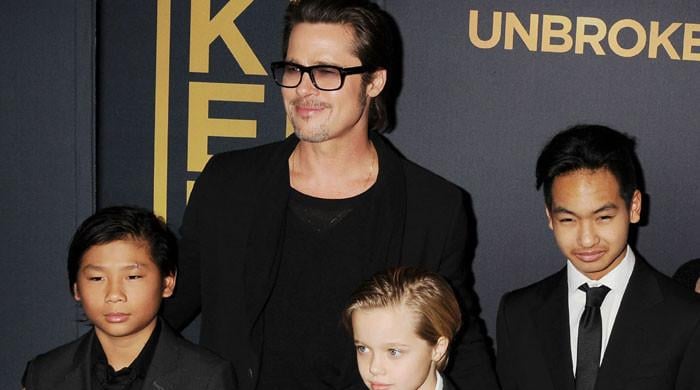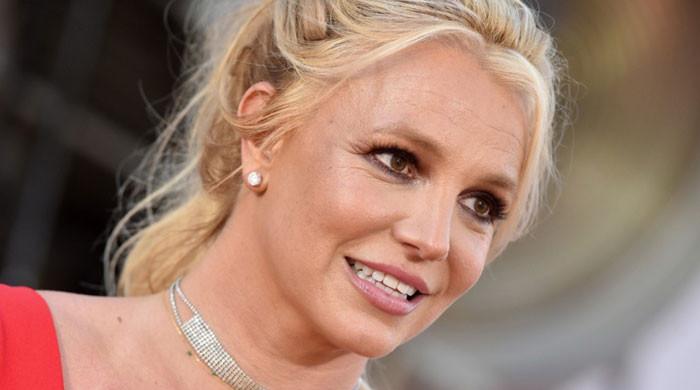Pet owners in China are facing backlash for opting for a dangerous and painful cosmetic procedure, known as “Mickey ears,” for their dogs and cats.
Veterinarians condemn the practice, calling it cruel and unnecessary. This alarming trend involves cutting animals’ ears into a round shape resembling the iconic Mickey Mouse, sparking outrage and concern for animal welfare.
In China, pet clinics offer this procedure for as little as 300 yuan (£33), while online stores sell “DIY” clamps, allowing pet owners to carry out the mutilation at home.

Animal experts emphasize the potential harm caused by this form of ear cropping, warning that it can cause pain, hearing damage and communication limitations for the animals involved.
The process consists of two stages: a half-hour operation under anesthesia to cut the ears and a “styling phase” that lasts 20 to 60 days and requires frequent adjustments to maintain the desired shape. While currently uncommon in most pet hospitals, the procedure is more common in dog kennels and kennels.
Unlicensed online stores have come under scrutiny for selling tools including ‘Mickey Ear’ clamps, with reports revealing that some clamps restrict blood flow to parts of the animal’s ear, causing it to die and fall off.
Despite the outcry, there is no law in China prohibiting this procedure, prompting calls from the public to ban the operation and crack down on unscrupulous veterinarians.
Bill Lambert, executive of The Kennel Club, condemns the practice and emphasizes that dogs are not fashion accessories and that such procedures do not take into account canine well-being.
Dogs’ ability to express emotions through ear movement is hindered, affecting the bond between owners and pets. Additionally, altering the shape of dogs’ ears could be detrimental to their hearing, as they rotate their ears independently to channel sound into their ear canals.
While ear cropping is illegal in the UK, the RSPCA is seeing a significant increase in the number of dogs with cropped ears receiving care. Celebrity culture and social media images are raising concerns that this cruel practice may become normalized and that celebrities may unknowingly contribute to its popularity.
The legality surrounding the purchase of dogs with short ears adds another layer to the ethical challenges this trend poses.












